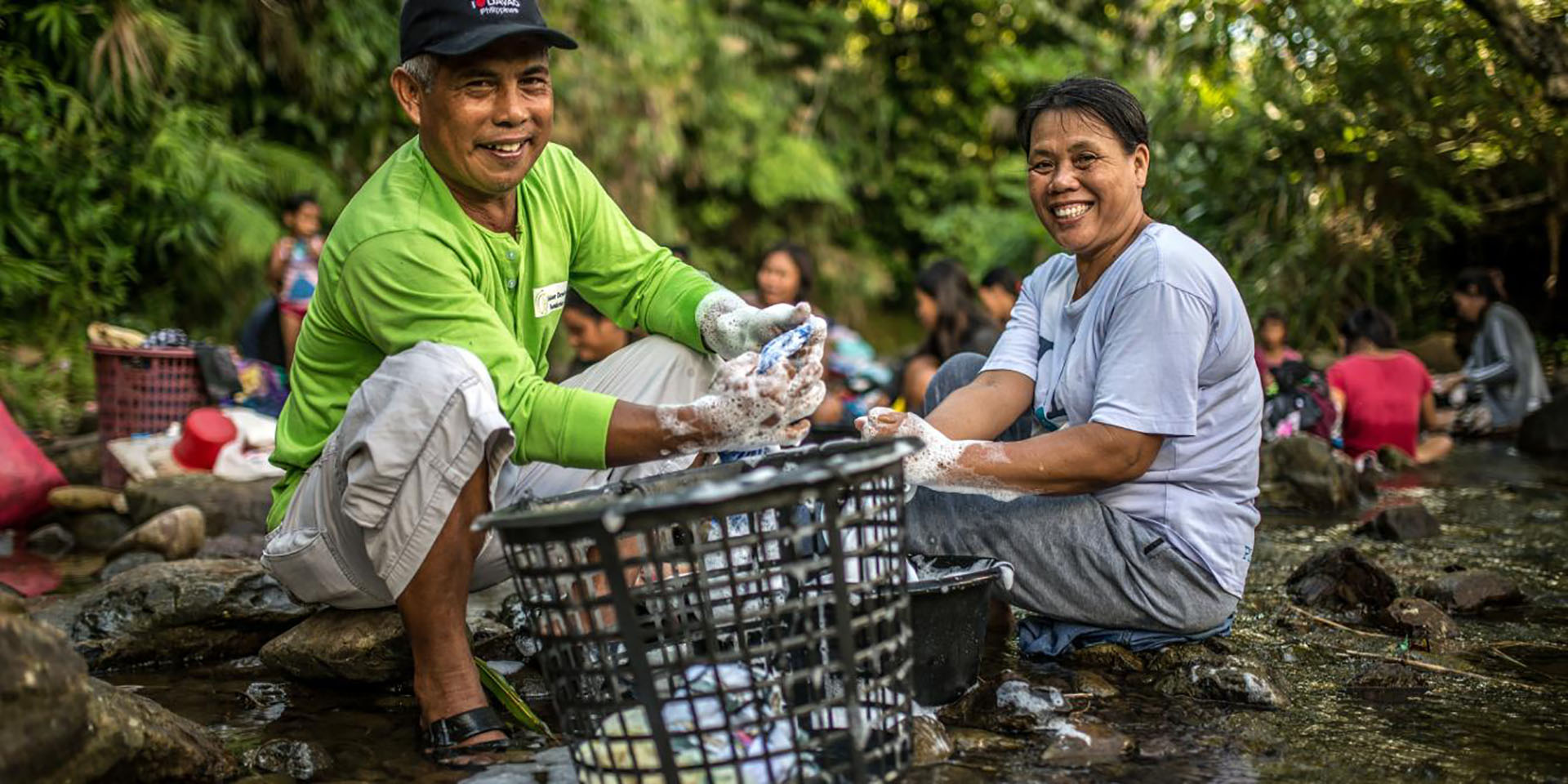- Version
- Download 56
- File Size 22.68 MB
- File Count 1
- Create Date June 30, 2021
- Last Updated October 31, 2025
CARE WORK MATTERS: A Participatory Approach to Advocating for the Recognition and Redistribution of Unpaid Care and Domestic Work in Local Legislation
In the Philippines, a country extremely vulnerable to natural hazards and climate-related disasters, which exacerbate poverty and preexisting social vulnerabilities, women and girls do up to five to six times as much unpaid care and domestic work as men. There is growing recognition that the billions of hours of the most essential work, including heavy and time-consuming tasks such as laundry and water collection, must be reduced and redistributed. Carers must be represented in policy spaces, and women and girls must be able to meaningfully participate in decision-making processes that impact their lives.
We have seen legislative successes on this front. As of March 2021, at least 28 local government units have enacted their respective ordinances on unpaid care, which commit the use of gender and development budgets specifically for care-related services, like barangay daycare centers, market roads, and community laundry areas.
This report distills the shared vision, methodology, and lessons learned from the series of Oxfam-supported ‘writeshops’ conducted in February and March 2018 in Eastern Visayas and Central Mindanao that led to the drafting of the first template ordinance on unpaid care and domestic work in the country.
The Covid-19 pandemic highlights even further that we must all do our part to ensure these laws are fully implemented. Governments, together with business and civil society, must urgently act to increase households’ access to care-supporting infrastructure and services, and continue to promote shared care responsibilities at home and in the community.
